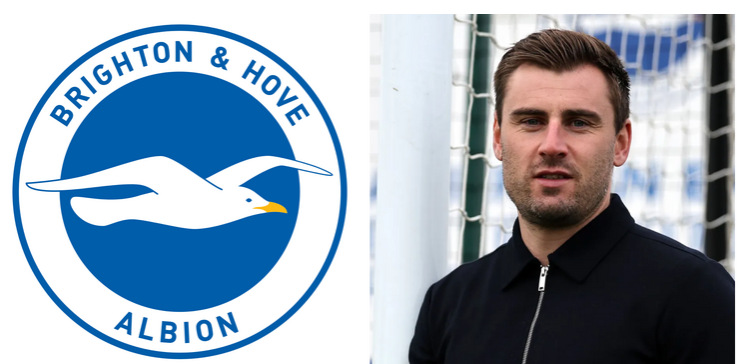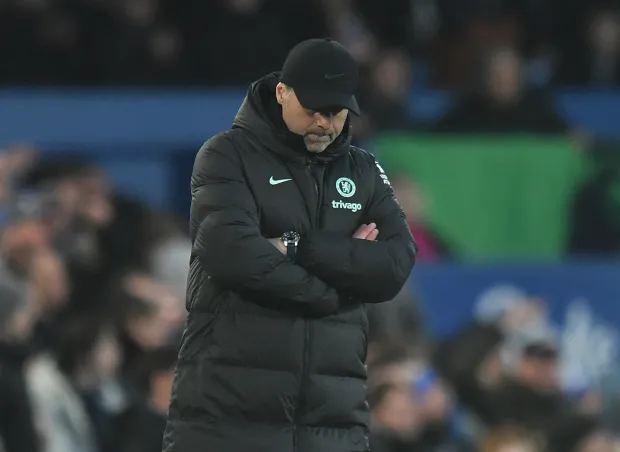Sam Jewell has been placed on gardening leave by Brighton and taken a senior recruitment post at Chelsea.
Jewell is anticipated to begin employment with Chelsea in November. Jewell is the son of former Wigan manager Paul Jewell. The 34-year-old joined the Seagulls in May 2016 and was elevated to Emerging Talent Manager in March 2019. Initially, he oversaw recruitment for the Under-21 team.
After Paul Winstanley moved to Chelsea in November 2022, he was named Interim Head of Recruitment. In February 2023, he was given the position permanently.
He will once more report to Winstanley and Laurence Stewart, his partner sporting director, at Stamford Bridge.
Brighton released the following statement: “Sam Jewell has agreed to take a new role at Chelsea. Sam is currently on a gardening leave of absence. We appreciate his many years of dedication to our club.
“Sam’s responsibilities will be taken on by Mike Cave, Assistant Technical Director, with assistance from George Holmes, Scouting and Intelligence Manager, effective immediately.”
Since Clearlake Capital acquired Brighton in May 2022, Chelsea has employed a number of Brighton employees. Along with five members of his Brighton backroom staff, Graham Potter arrived as head coach in September 2022, however he was fired less than seven months later.
Winstanley began employment in November 2022 under the title Director of Global Talent and Transfers; however, he was later renamed co-Sporting Director. Additionally, players Robert Sanchez, Moises Caicedo, and Marc Cucurella have relocated to Stamford Bridge from the south coast.
Todd Boehly and Behdad Eghbali, the co-owners of Chelsea, have never concealed their fondness for Brighton. At a Sportico event in October 2022, Eghbali stated, “We believe Brighton to be among the Premier League’s best run teams.” Tony Bloom, the company’s creator and owner, has experience with sports gaming and data. He wins nearly as much as the top five or six players, spends 10% of the budget, and leads a very lucrative, mid-table team.
If you use a portion of that IP to nurture your own talent while preserving it. We believe that the six-, seven-, or eight-year contract model can be sustained.”
But is it possible to outsource a club’s strategy?
David Weir, the director of Brighton Sporting, said last year that stability and alignment—beginning at the top with Bloom—were the keys to Brighton’s success.
The Scot stated, “It’s probably different from most clubs, just in terms of stability and the people having been in place for a while, particularly the ownership and Board.”
It seems sense that people in football want to succeed quickly—they just want to win a lot of games and don’t give a damn about how they get there.
It actually appealed to me to be at a club where there is a chance to create something because they have a long-term plan and vision, which they stick to and don’t respond to when maybe short-term things aren’t going so well.
“Tony (Bloom) the owner is a Brighton supporter and has a vision for what he wants the club to be. Paul (Barber) is a very experienced Chief Executive who knows his way around football and understands what Tony’s vision is. Paul, along with the Board, implement that on a day-to-day basis, in terms of off and on the field.”



